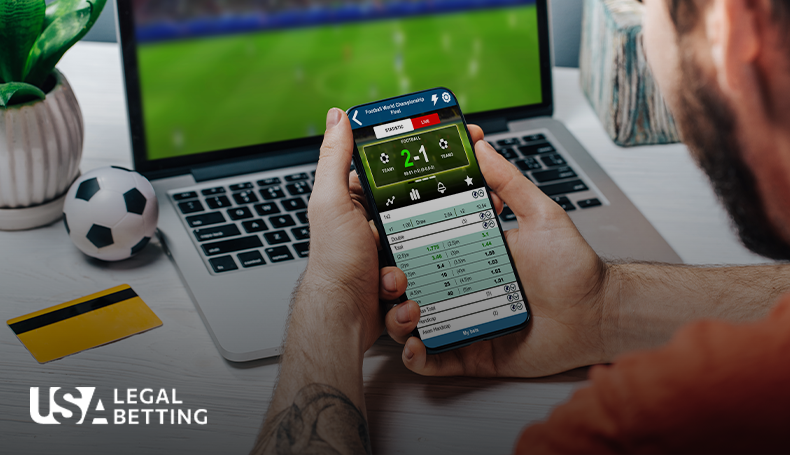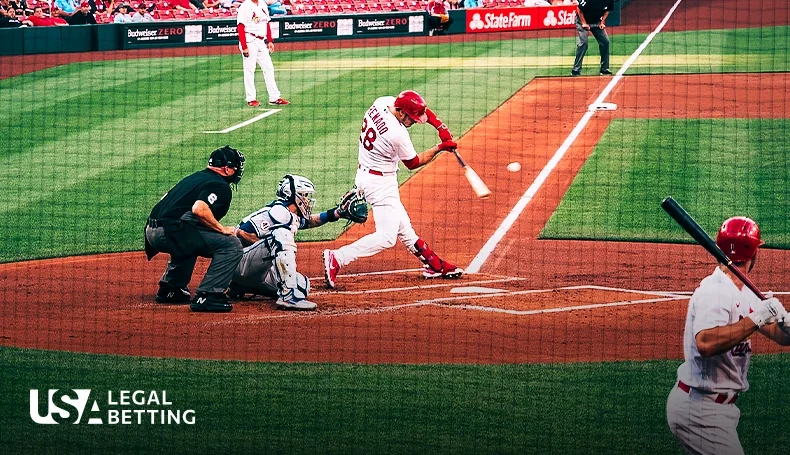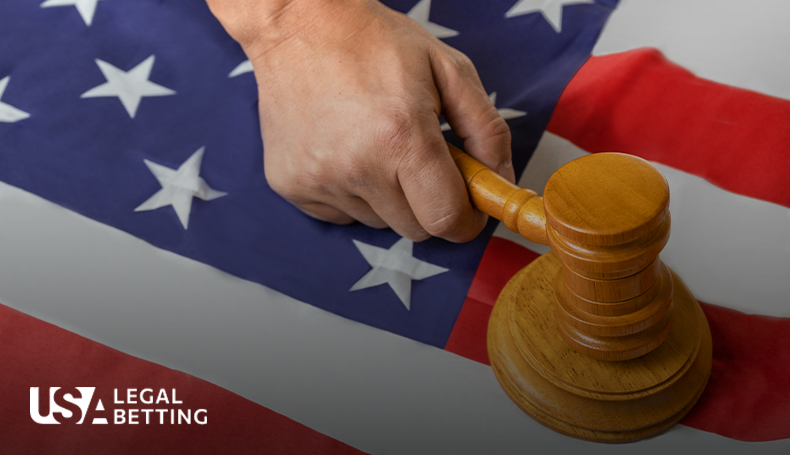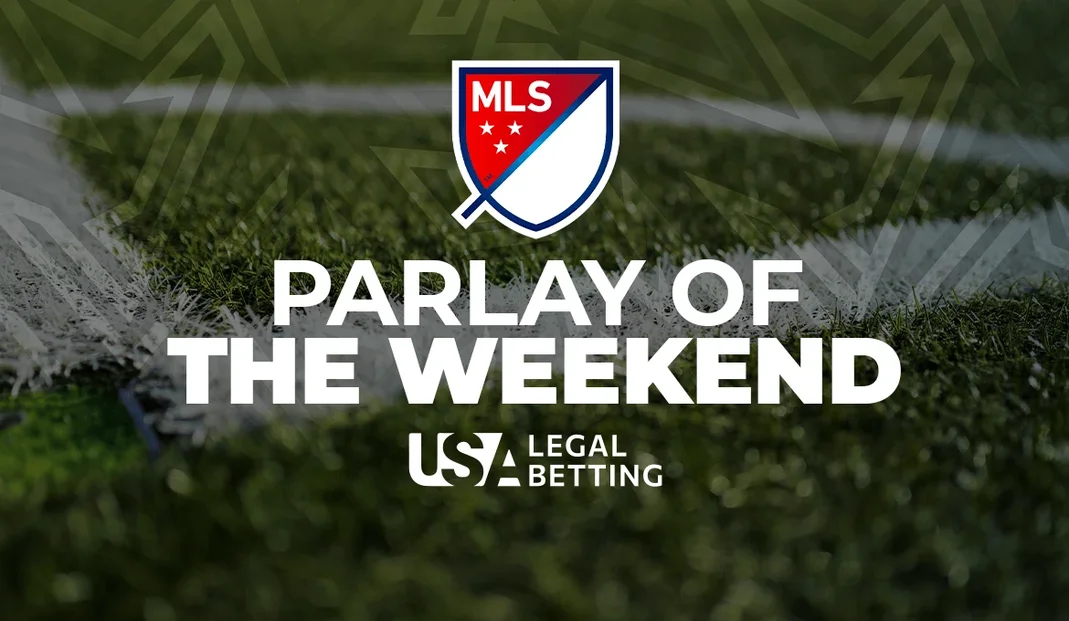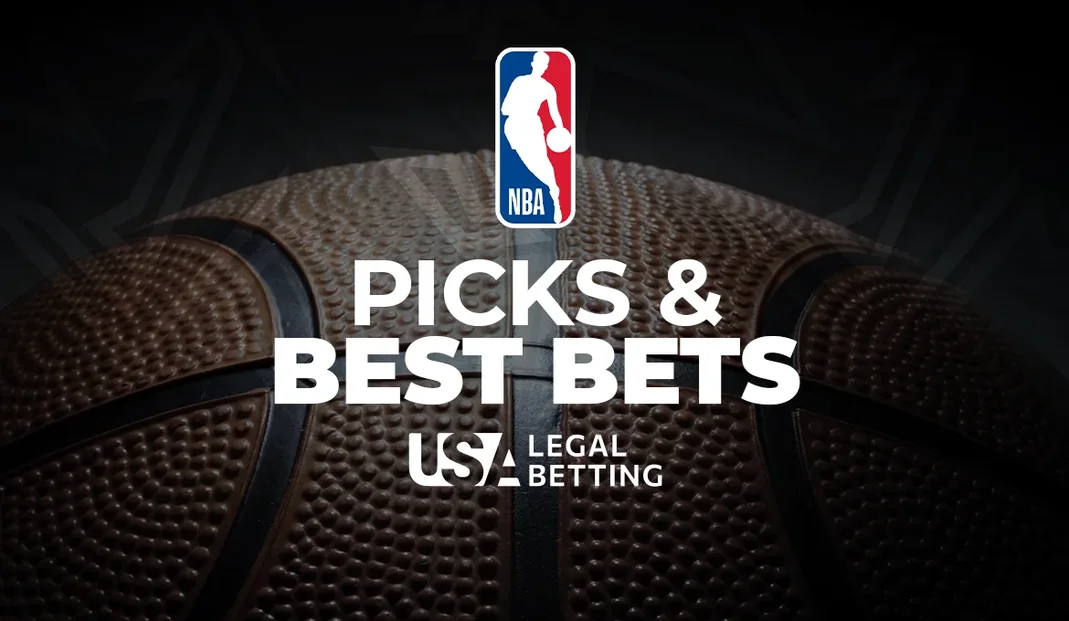USA sports betting was previously restricted to Nevada. That precedent stood until a 2018 decision in federal court allowed states to legalize and launch local markets if the necessary support was received.
At the time of writing, 36 states have legalized sports betting, and 31 have operational markets. Ohio is expected to be the next state to join the “active” group if it keeps its January 1 target launch date.
The legalization of sports betting forced an integration of gambling into mainstream sports. Whereas sports betting was previously frowned upon by the masses, sports announcers now announce live odds during games, television crews highlight sports betting branding, and active athletes partner with gambling operators.
The topic of gambling with young adults and children has remained highly contentious throughout the assimilation of gambling into sports. Many states have created safeguards to limit influence from operators, whether that be problem gambling assistance programs, limiting the number of betting lines, or, as seen last week, a proposition to ban “predatory” verbiage regarding sportsbook bonuses and promotions.
Caesars has responded to criticisms by pointing out that it does not use LSU or MSU athletes in its special offers. It also has a policy that bans sending emails to students with university email addresses, although in January, LSU students were sent emails about a $300 welcome bonus offer for betting $20 with the Caesars sportsbook.
The subject remains a source of contention and will influence how future states set up their sports betting markets.



